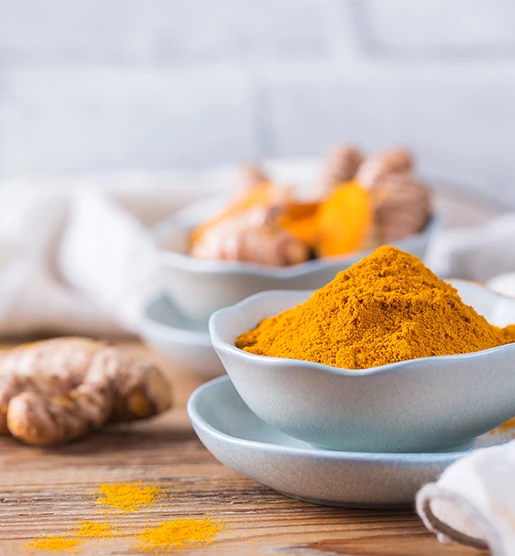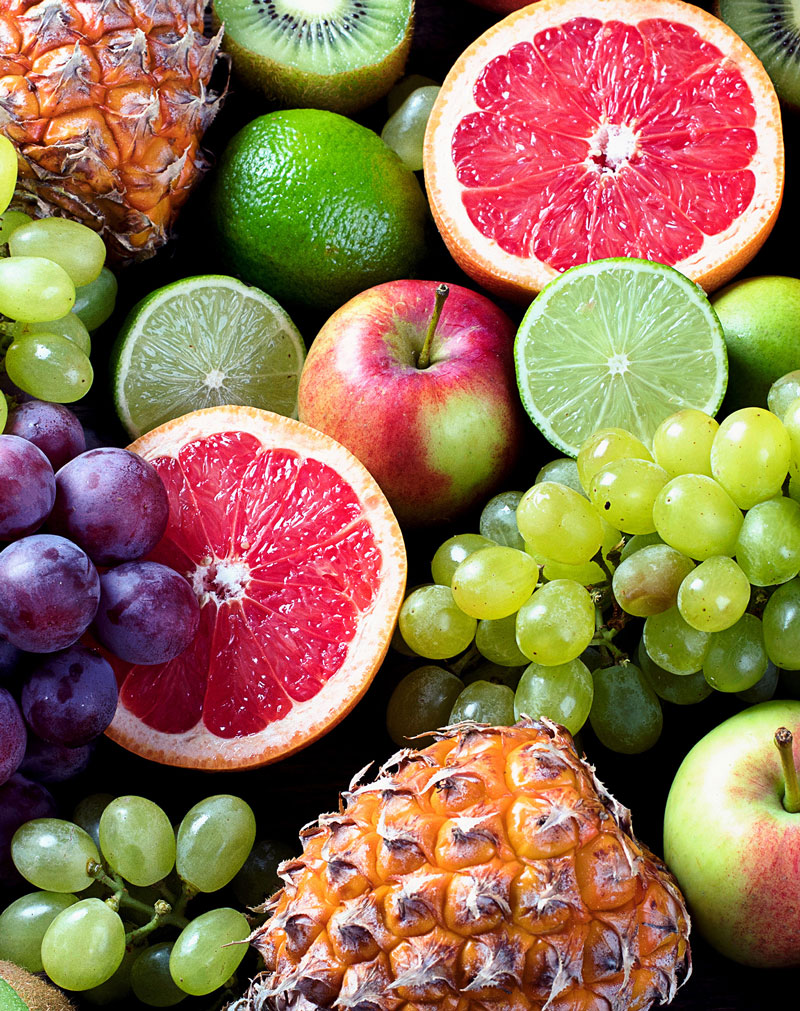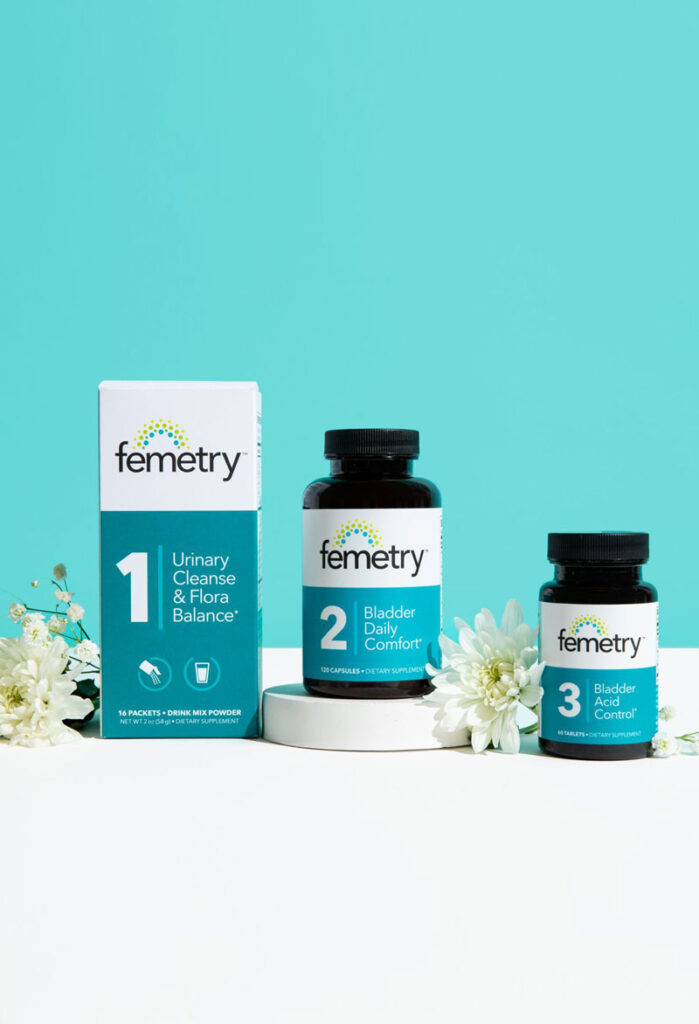Free shipping on all orders over $50 | Subscribe & save 15%
Free shipping on all orders over $50 | Subscribe & save 15%


Interstitial cystitis (IC), also known as painful bladder syndrome (PBS), is a chronic bladder condition that currently has no identifiable cause. It is often associated with pain or general discomfort in the bladder area.
Despite the number of people who are affected by IC, there is only one FDA-approved medication for IC. As with any medication, there may be some people skeptical about potential side effects. Also, there might be people who are just hesitant to add another medicine into their routine.
If you’re reading this, chances are you already have some idea of what IC is. You might have been diagnosed with IC, or wondering if you have it. IC symptoms are often triggered by acidic food and drink, stress, and certain times of a woman’s cycle.
People with IC experience a variety of symptoms that can be triggered by many different things. This begs the question: What do people do for IC? Some turn to supplements for relief and control of their symptoms.
When you have IC, the key to a good quality of life is figuring out what works for your body. In our research, we’ve discovered that supplements are the fourth most common management strategy. It follows managing your diet, taking medications, and avoiding sexual activity (we hope you won’t have to do the latter).
So, which bladder health supplements make sense to take for IC bladder support? It’s vital that the supplements you choose perform specific functions to ease your symptoms.

Although the exact cause of IC is unknown, it is generally accepted that IC is associated with inflammation. With that being said, supplements with well established inflammation-soothing and antioxidant properties may be beneficial.
Many people with IC notice worsening of symptoms with acidic food and drink. That’s why it’s so important to include supplements that can help neutralize acids.
In a questionnaire, almost 600 people claimed that CGP and sodium bicarbonate helped improve symptoms. This questionnaire suggested that taking CGP and sodium bicarbonate before meals could help reduce sensitivity when triggering foods are consumed.*
The glycosaminoglycan, or GAG, layer is a mucus barrier that protects your bladder from bacteria. When you have IC, your GAG layer might have been weakened or lost. This exposes your bladder to all kinds of substances, making it prone to infection and irritation. These ingredients could be influential in helping to rebuild the GAG layer of the bladder.*
In addition to acidic and spicy foods, many people report that stress causes IC flares. One of the best ways you can manage stress is understanding what causes it. Another solution is adding in supplements that help you take on stress without it overtaking you.
Ashwagandha is an adaptogen that helps manage your body’s natural stress response. Additionally, ashwagandha promotes antioxidant activity in your body, which could help ease symptoms associated with inflammation.*
No one knows your body like you! Use these bladder health supplements as a guidepost to steer you towards a happier, healthier life. Keep in mind that while these supplements can be useful for IC, they are most effective when used consistently over time. Add in a few dietary changes and you’re ready to conquer the world.
Femetry and your Down There Doctors are here to support you!
*These statements have not been evaluated by the Food and Drug Administration. These products are not intended to diagnose, treat, cure, or prevent any disease.


We promise we won’t spam you! Just a monthly recap of our favorite wellness tips, updates and more.